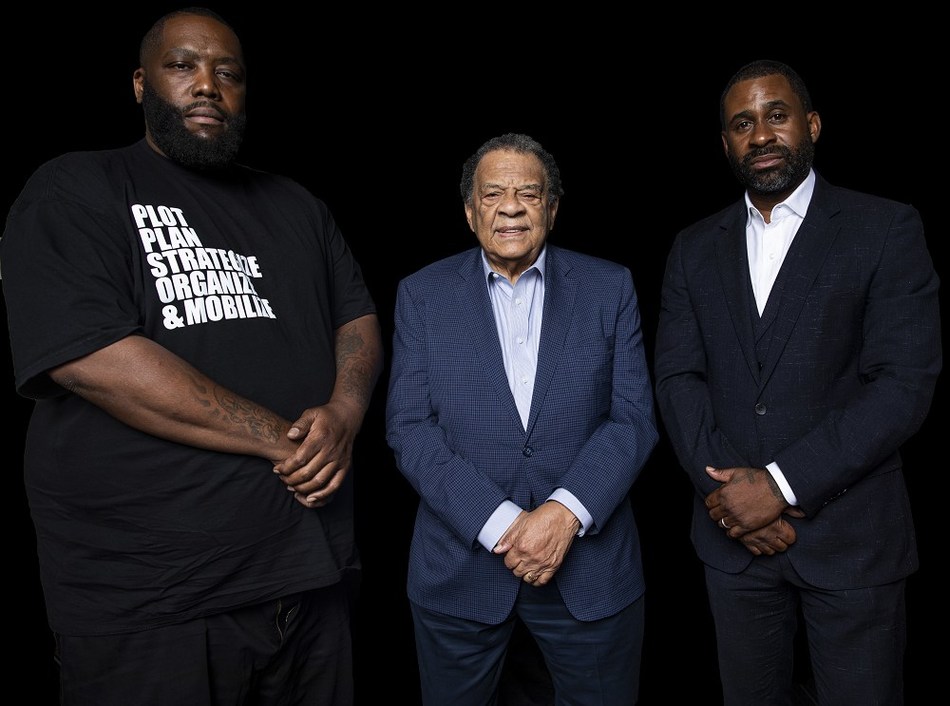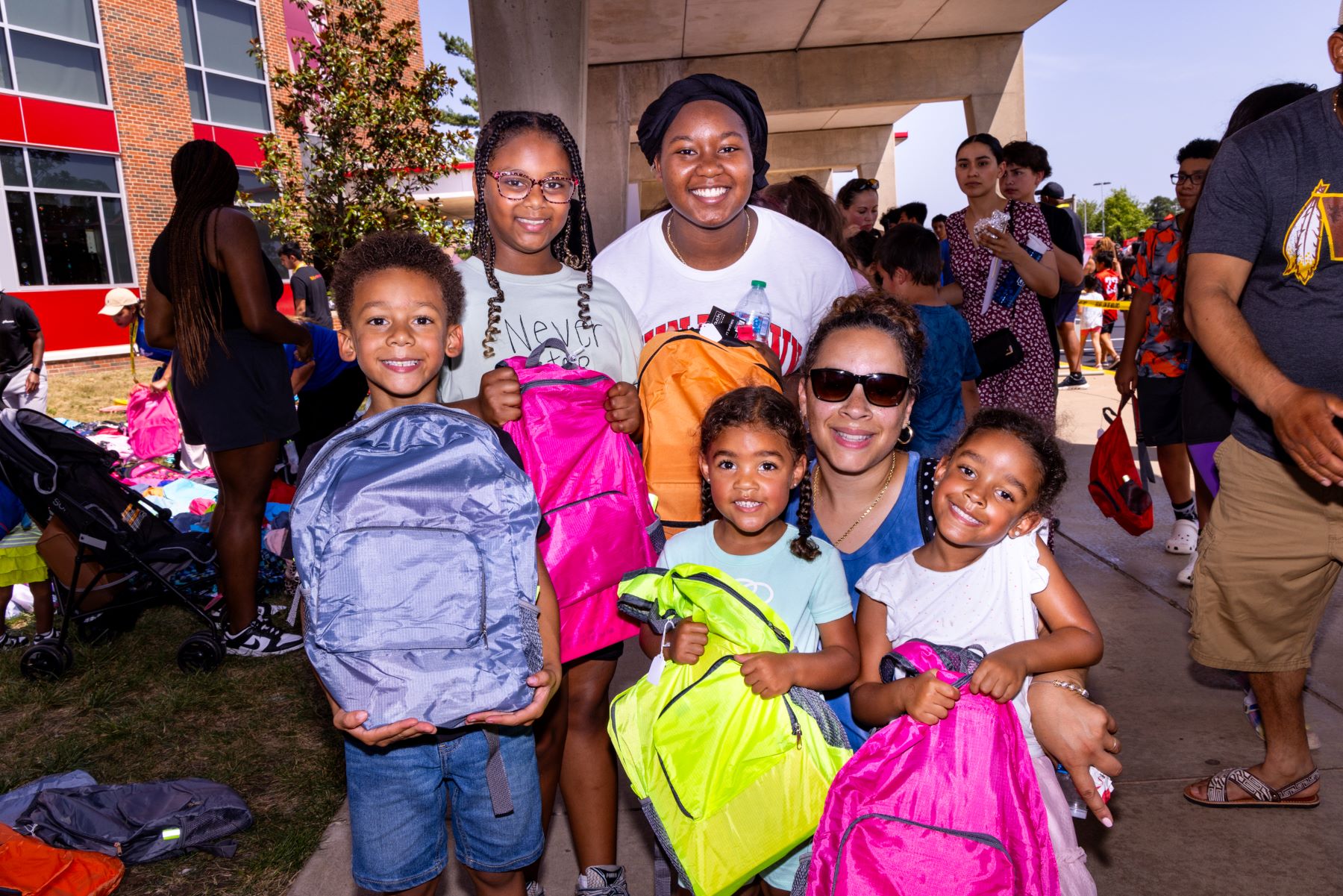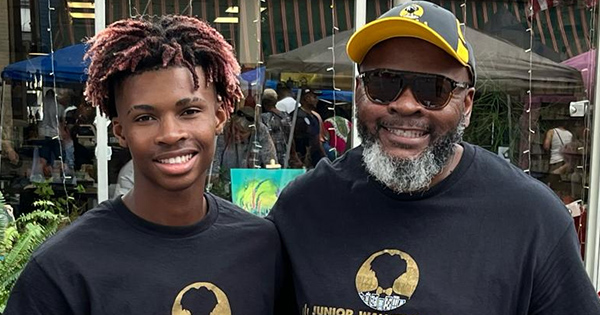Philanthropists come together to close the racial wealth gap for Black and Latinx Business Owners
It is no secret that since this nation’s inception, one of the greatest institutions of racism has been in the ever growing racial wealth gap. Whether it was on a legislative or financial level, Black and Latinx communities have fought an uphill battle in gaining a foothold. During a time of economic uncertainty, and with news coming out earlier today about a potential bubble crash as stocks are at their most expensive since before the 2000 crash, institutions and philanthropists are doing their part to help close the gap.
Earlier this week the nation’s largest bank JP Morgan Chase announced that they were committing $30 billion dollars over the next five years to aid Black and Latinx communities so they can purchase homes and create businesses. According to Chairman and CEO Jamie Dimon in a press release, the bank is building on its existing investments to stimulate the economy in those sectors while promoting racial equity. “Systemic racism is a tragic part of America’s history,” said Dimon in a press release. “We can do more and do better to break down systems that have propagated racism and widespread economic inequality, especially for Black and Latinx people. It’s long past time that society addresses racial inequities in a more tangible, meaningful way.”
Other financial institutions that are joining JP Morgan Chase are Bank of America, Citi and PNC Financial Services Group. Each one will be giving upwards of $1 billion to help these communities. The total dollar amount given to Black Lives Matter pledges is now at $10 billion. JP Morgan Chase’s focus will be on increasing housing and homeownership, as well as improving home lending products. In addition, the aim is to lower mortgage payments via refinancing loans.
While these financial institutions are doing their part to help via financial pledges, one new banking institution joins the ranks of ever growing Black-owned banks, but this will be in the digital realm.
Civil rights advocate and former Atlanta Mayor Andrew Young, along with entrepreneur Ryan Glover, founder of Bounce TV and activist/music artist Michael “Killer Mike” Render, announced the new bank called Greenwood Bank, after securing $3 million in seed funding. Named after the Greenwood District of Tulsa, Oklahoma that was known in the 1920s as “Black Wall Street,” the bank will become the first ever digital banking platform for Black and Latinx business owners as well as customers.
According to PR News Wire,
Greenwood’s initial products are savings and spending accounts that come with a stunningly designed black metal debit card for customers who sign up by the end of the year. Advanced features like Apple, Samsung, and Android pay, virtual debit cards, peer-to-peer transfers, mobile check deposits, and free ATM usage in over 30,000 locations are offered with no hidden fees. Customers who invite their friends to open accounts receive cash awards as a thank you from Greenwood. All deposits are FDIC insured by a partner bank.
Additionally, Greenwood plans to work with brick and mortar minority-owned banks to provide deposits to help strengthen historically black banks. For more information on black owned banks in the country, click on the following link.
Greenwood has three key avenues to support Black and Latinx causes and businesses:
For every customer who signs up, Greenwood will provide five free meals to a family in need.
For every swipe of a Greenwood debit card, it will prompt a donation to UNCF for education, Goodr to feed the hungry, or to the NAACP to support civil rights.
Each month, Greenwood will provide a $10,000 grant to a Black or Latinx small business owner that is a Greenwood customer.
To sign up for a Greenwood account, visit www.bankgreenwood.com.
Media Contact
media@bankgreenwood.com



